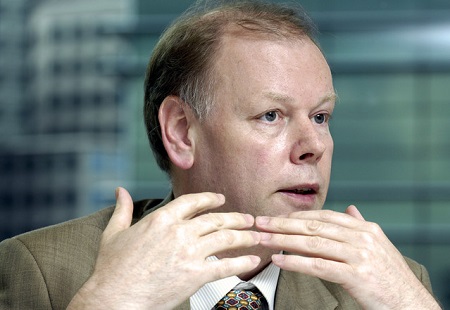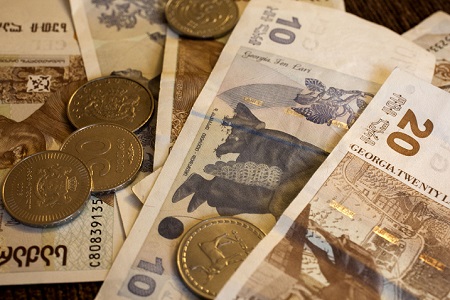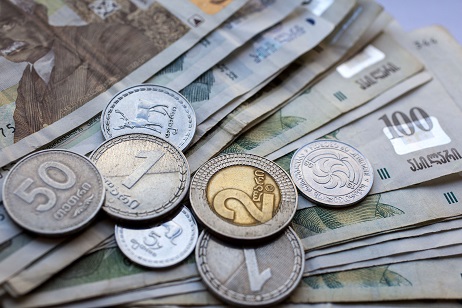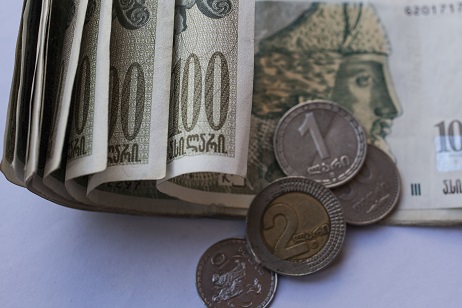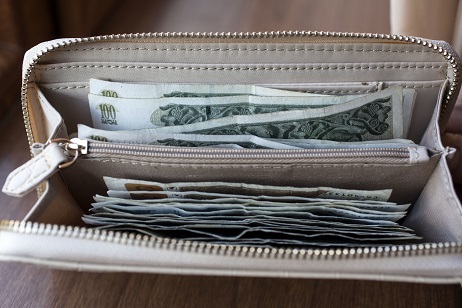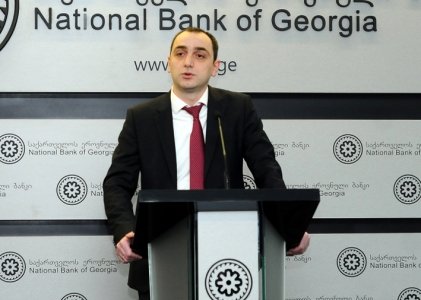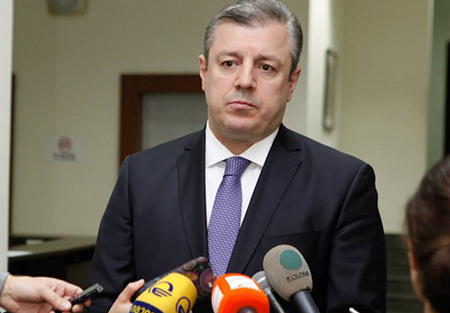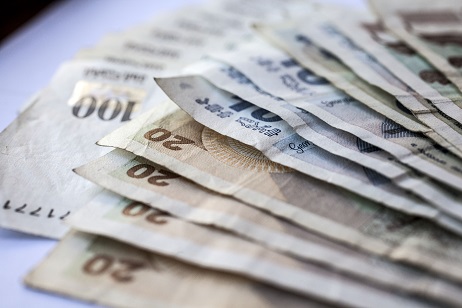PM Garibashvili eliminates fears about Lari’s tumble
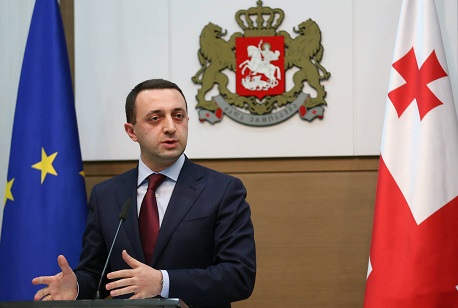
Georgia’s national currency faces no fear in value, and on the contrary in the coming days it will become even stronger, said Georgia’s Prime Minister today after the Lari fell to its lowest level in early December since May 2004.
As of December 5, $1 USD was valued at 1.9527 GEL. On December 8, the local currency started to appreciate in value against the US Dollar. From November 18 to December 5, the value of the Georgian currency against the US Dollar dropped 10.6 percent.
As of December 9, $1 USD was valued at 1.9265 GEL.
At a press conference Garibashvili said there were three reasons that negatively influenced the Lari exchange rate. These were the regional economic and political situation and the appreciation of the GEL against all major currencies. He also suggested that the GEL’s recent rapid fall was also caused by overreaction from political opponents.
"Initially the US Dollar appreciated against almost every currency in the world, including the Euro. Furthermore, the difficult socio-economic situation in the region had a significant impact on Georgia’s trade balance. As for the domestic factors, our opponents’ specifically created the artificially panic and stir,” Garibashvili said.
The Georgian leader focused on suggestions by his political opponents who said the Lari’s depreciation had been caused by the drop of foreign direct investments (FDI) in the country. But he strongly denied this and recalled the latest FDI figures showed a sharp increase in the third quarter of the 2014 year.
State statistics office Geostat revealed today that FDIs rose by 99 percent in the third quarter of 2014 when compared to the same period in 2013.
"FDI figures revealed that it was a deliberate lie from [our political opponents] and an attempt to mislead the population. As for the impact on the expenditure of the budget on the Lari exchange rate, I would like to say that the costs will be provided as it was expected,” Garibahsvili said.
He believed the budget deficit would be less than 3.5 percent. It was expected the 2014 budget deficit would be 3.7 percent.
"Thus this factor will not affect the Lari exchange rate as our opponents irresponsibly claimed,” PM Garibashvili said.
The National Bank of Georgia, who is responsible for the Lari exchange rate in the country, said immediately after the value of the Georgian currency started to decline that Georgia had a flotation money exchange rate. This meant that the currency was set by the foreign-exchange market through supply and demand, in relation to other currencies.
 Tweet
Tweet  Share
Share
